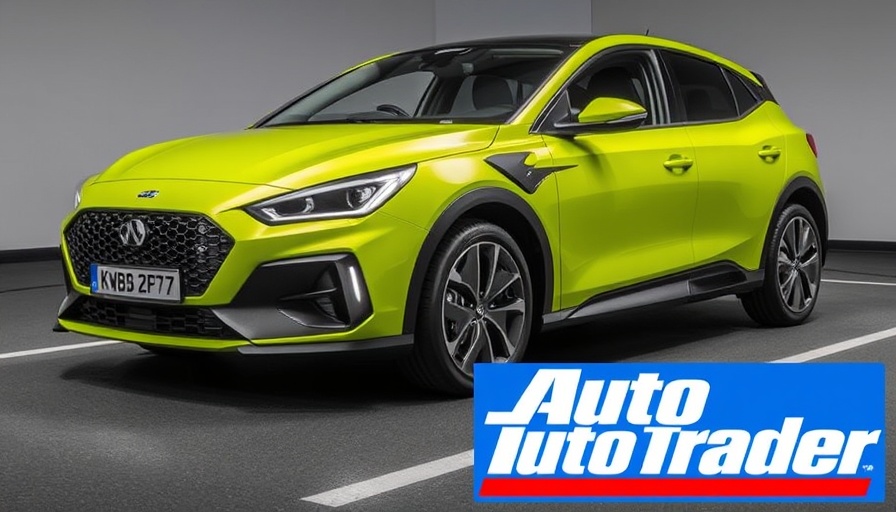
The Impact of US Trade Tariffs on Jaguar Land Rover’s Profits
In a challenging global market, Jaguar Land Rover (JLR) faces significant economic headwinds due to the longstanding US trade tariffs. JLR reported a startling 49.4% drop in profit before tax for the quarter ending June 30, reaching £351 million, while turnover fell by 9.2% to £6.6 billion. The primary culprit? A hefty 27.5% tariff on UK-produced vehicles exported to the United States, impacting their wholesale volumes and revenues severely.
Repercussions of Recent Trade Agreements
However, there is a glimmer of hope. A recent UK-US trade deal has reduced these tariffs, allowing UK auto exports to the US to see a nominal rate drop from 27.5% to 10% within a fairly limited quota of 100,000 vehicles per annum. Outgoing CEO Adrian Mardell expressed optimism, attributing the company’s ability to maintain a profitable quarter to its robust foundations and the government's rapid response to adjust tariffs.
Turning Challenges Into Opportunities
Despite these trade difficulties, JLR remains steadfast in its commitment to its Reimagine Strategy, which entails an investment of £3.8 billion in the development of next-generation vehicles. This includes exciting new electric models, indicating that JLR is not merely surviving; it intends to evolve in response to market challenges and consumer preferences.
Looking Ahead: The Future of JLR
The auto industry continues to witness tremendous shifts, particularly towards electrification. JLR’s focus on electric vehicles, namely the Range Rover and Jaguar models, reveals the company’s anticipation of evolving consumer needs. The successful implementation of trade agreements and a commitment to innovation may very well herald a new chapter for JLR, where it can reclaim its strength in the competitive automotive landscape.
 Add Row
Add Row  Add
Add 




Write A Comment